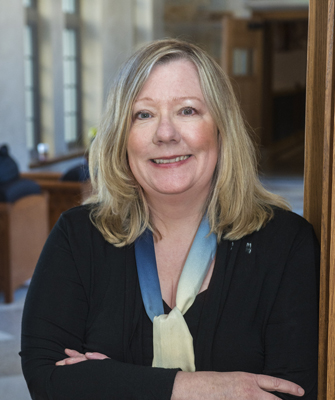Democracy, Governance & Education
In countries around the world, trust in institutions is decreasing as democratic norms and institutions absorb attacks from populist and authoritarian movements. How can democratic education rebuild social trust, and how is that best undertaken in the context of Catholic higher education?
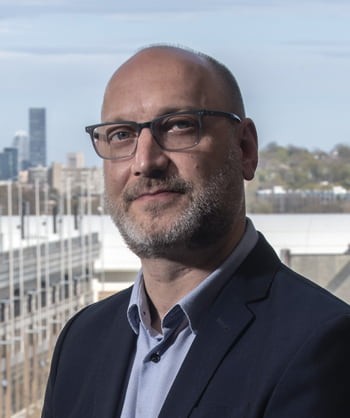
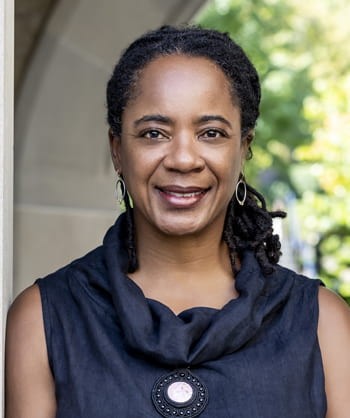
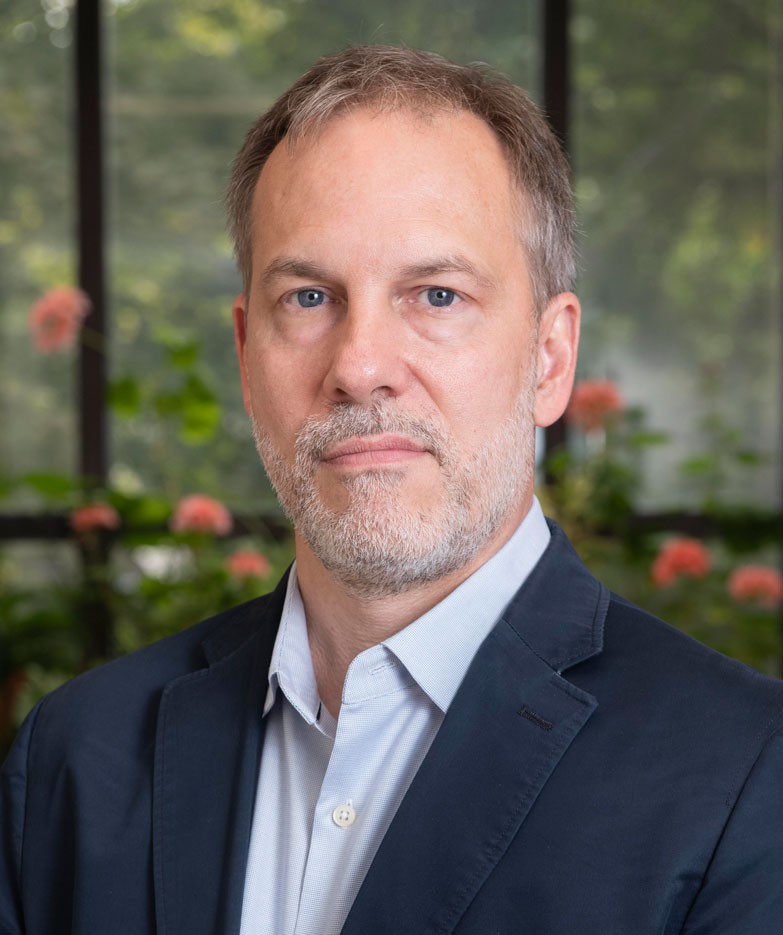
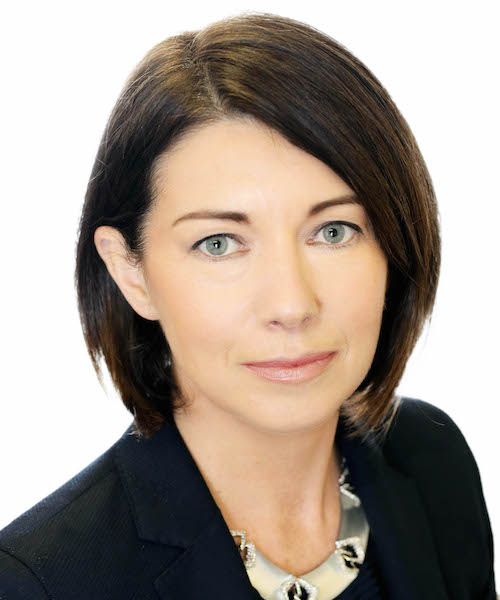
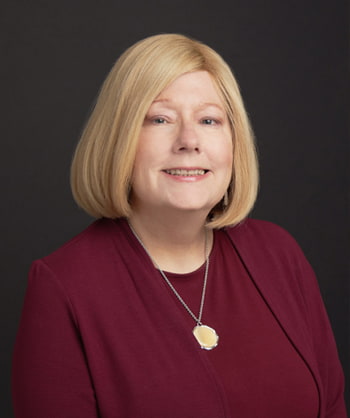
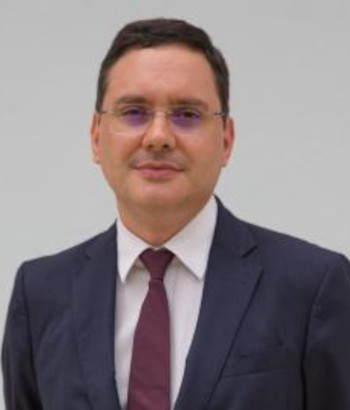
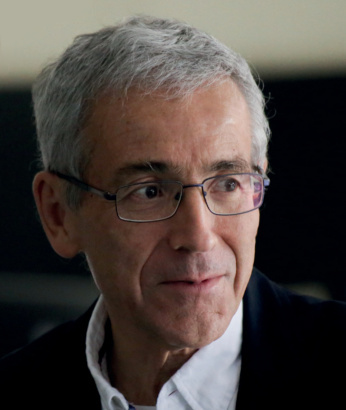
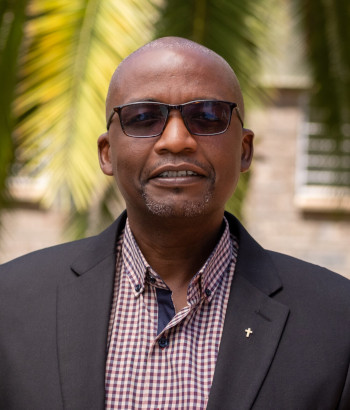
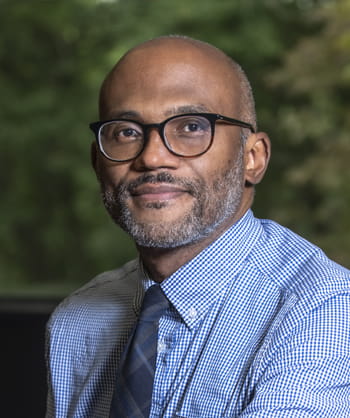
The working group on Democracy, Governance, and Education, chaired by Jonathan Laurence, will meet three times each semester during the 2023-2024 and 2024-25 academic years. BC participants will meet in person; international members will connect virtually from Bogota, Dublin, Lisbon, and Nairobi.
Fall 2024 (times given in Boston Time):
September 13, 9:00-10:50am
October 18, 9:00am-10:50am
November 8, 9:00-10:50am
Spring 2025 (times given in Boston Time):
February 14, 9:00-10:50am
March 14, 9:00-10:50am
April 11, 9:00-10:50am
The working group on Democracy, Governance, and Education brings together experts in politics, education, history, law, ethics, journalism, and communication to think seriously about the threats we face and the prospects for recovery through education strategies.
By breaking down silos between political science, education, and peace studies, this Working Group represents a significant step toward providing a big picture view of the issues surrounding the decrease in social trust, the rise in populism and nationalism, and the role of civic education in the formation of new citizens.
Over the course of two years, the group will share insights and resources about the state of affairs around the world and collaborate on a vision for the path forward in our efforts as teachers, scholars, and engaged citizens.


